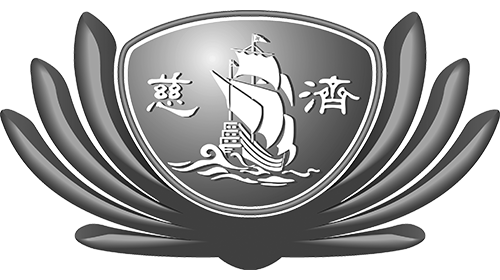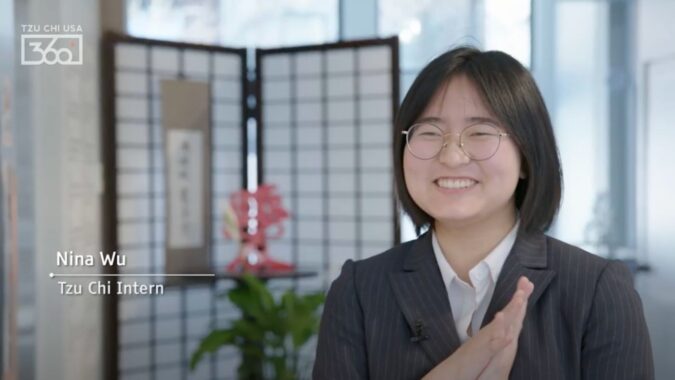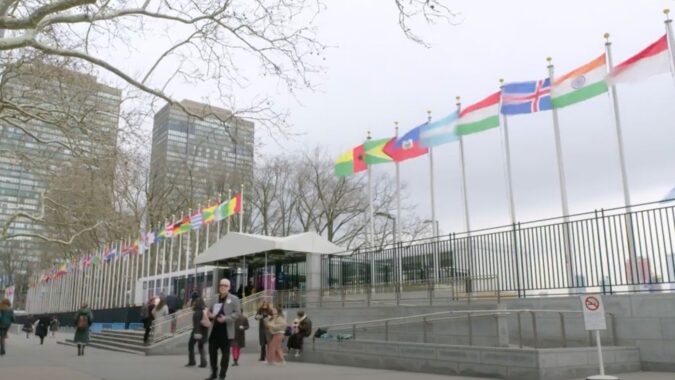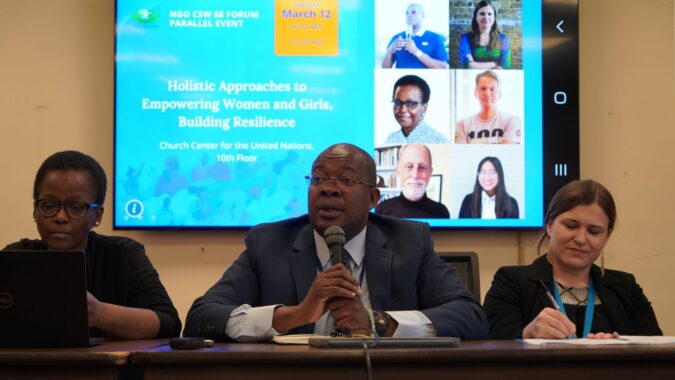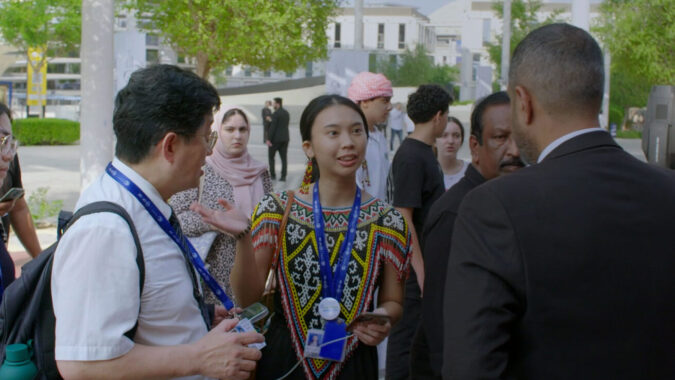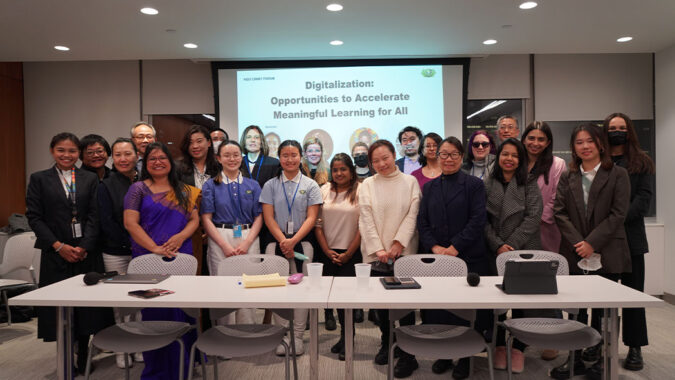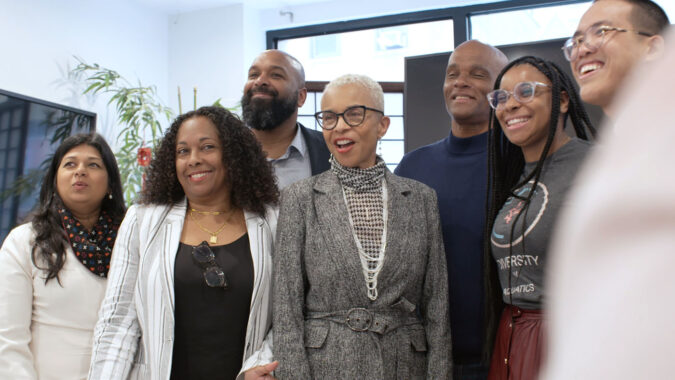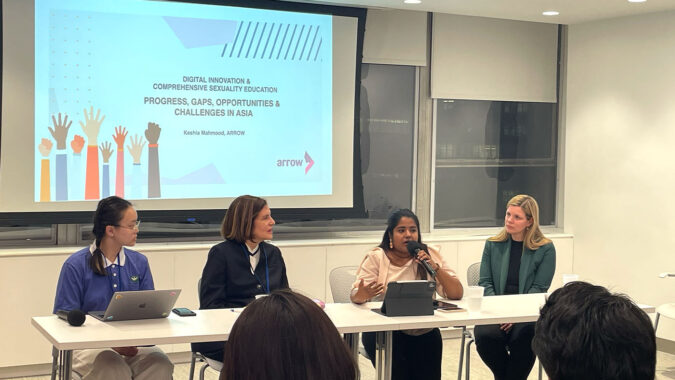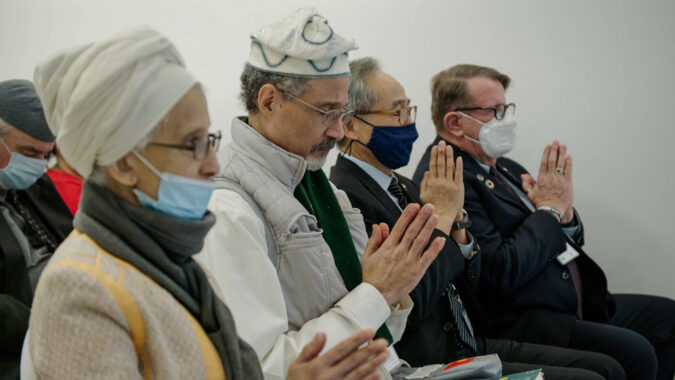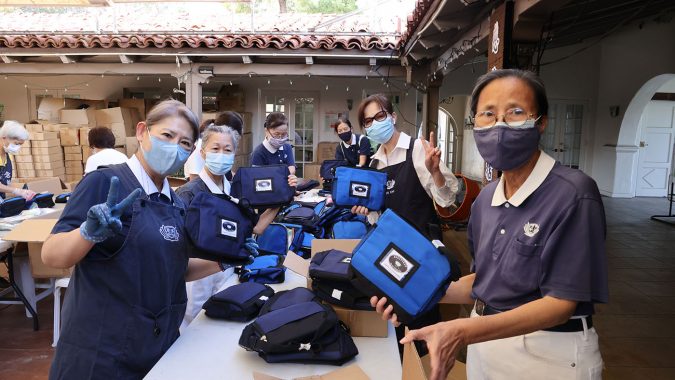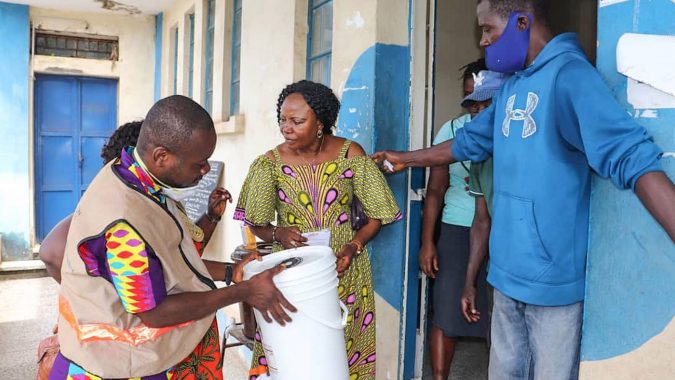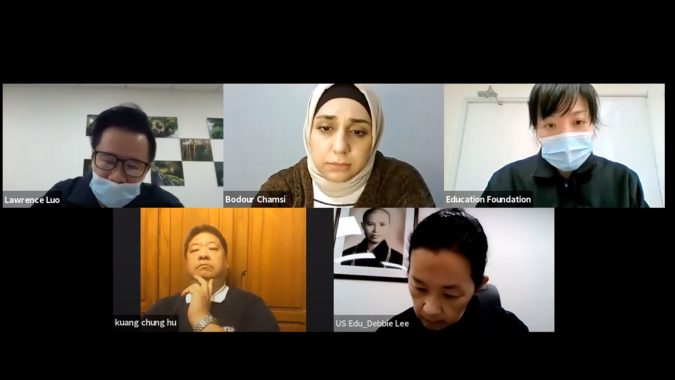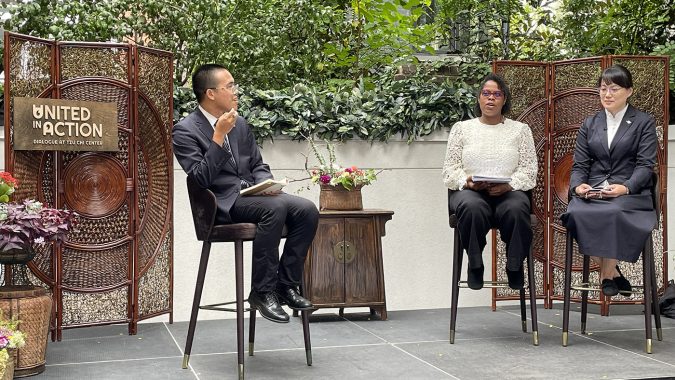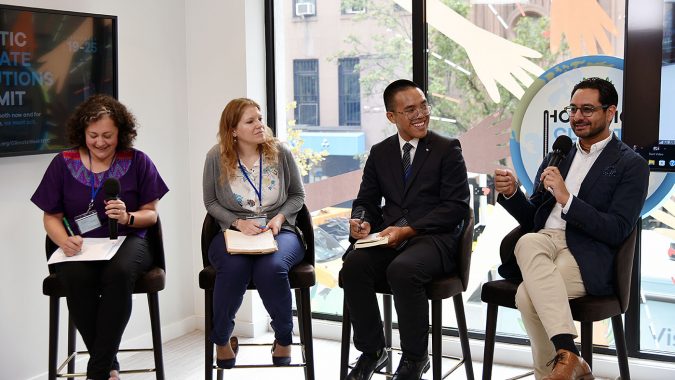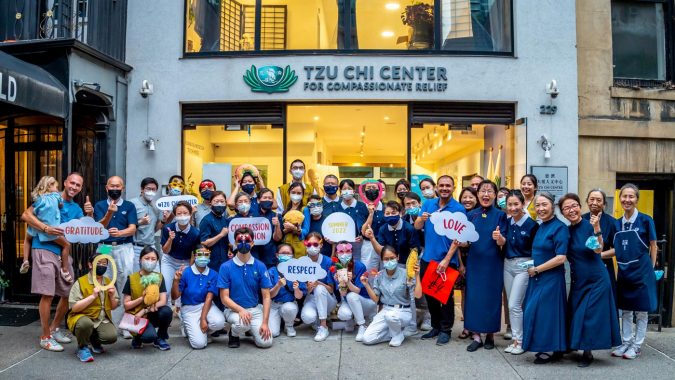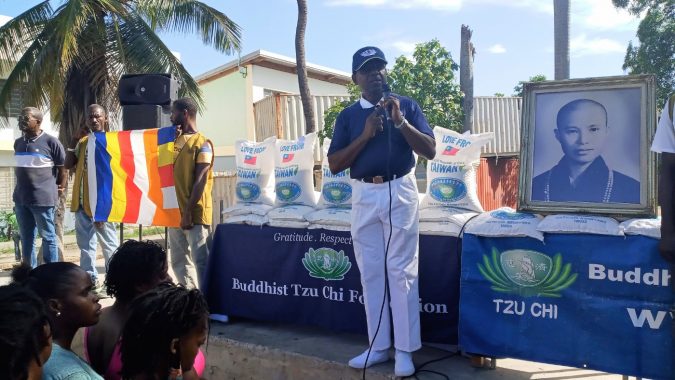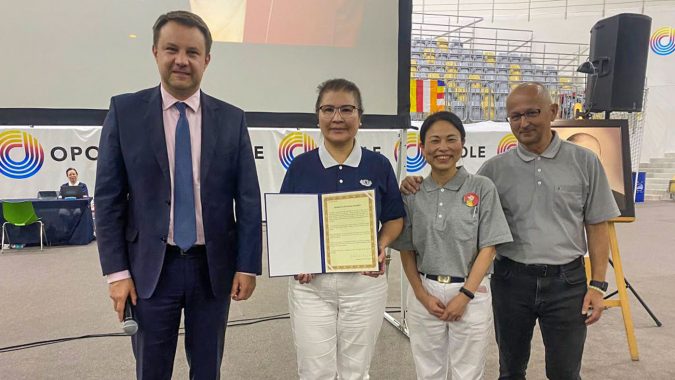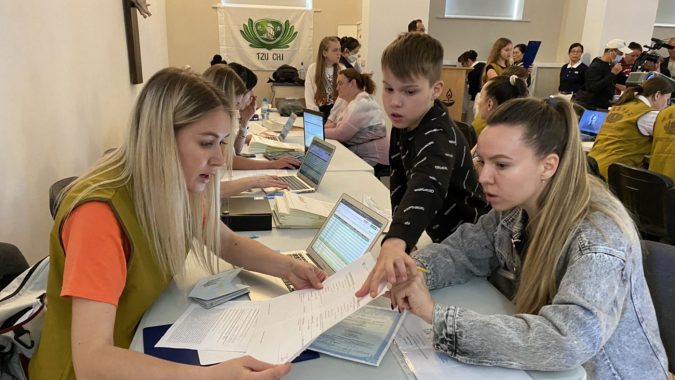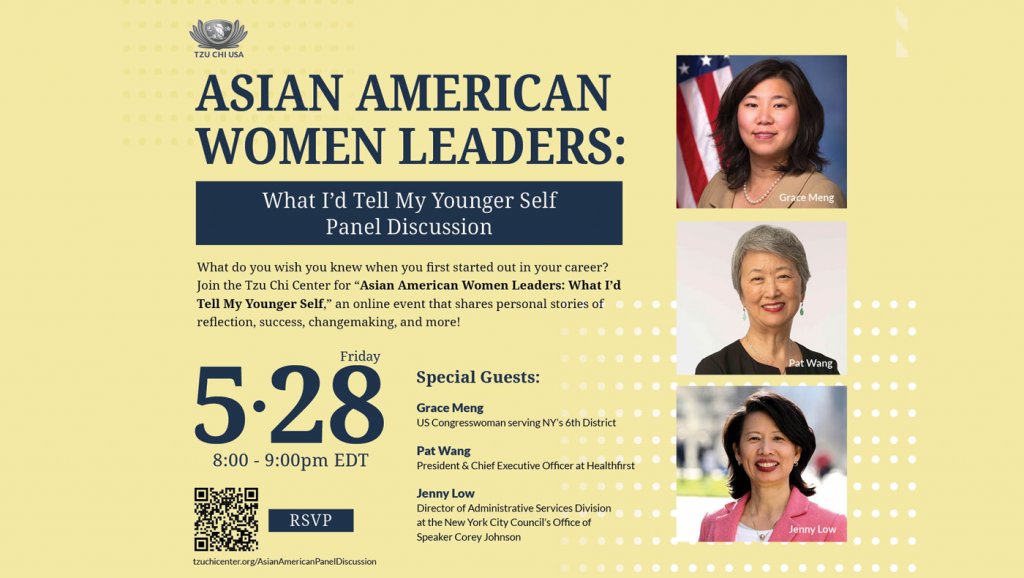
On Friday, May 28, 2021, the Tzu Chi Center in New York City brought together three distinguished female Asian American leaders for an e-panel titled “Asian American Women Leaders: What I’d Tell My Younger Self. This comes when in the last year and half, Asian Americans have been maligned and discriminated against all over the United States and even the world, since the start of the COVID-19 pandemic. It’s also no secret that women still have a harder time rising to the top and becoming leaders even today, so the lively discussion between these panelists came at the perfect time to address some of the top concerns shared by many Asian American women, no matter what age they may be, and by the Asian American community at large.
First on the panel was Grace Meng, US Congresswoman, representing the 6th District of New York City. She is currently serving her fifth term and is the first Asian American member of Congress from New York. Grace kicked off the panel by saying that she had always been shy, so she’d never thought she would go into politics, especially because there were never any political leaders who looked like her. Her remark underscored the conspicuous absence of Asian American and in particular female Asian American role models in mainstream media, the business and certainly the political world in the United States.
“As many of you know, women are often considered our own minority,” Meng said. “People don’t necessarily see leaders when they see a woman, because we don’t necessarily look like what they think a traditional leader should look like.”
Jenny Low, Director of Administrative Services Division at the New York City Council’s Office of Speaker Corey Johnson, echoed this sentiment by recounting her personal experience as a first-generation immigrant. There is a stereotype for what a leader or even just what a successful person should look like in the U.S. That is, of course, white and male, and Low was not that. Even socially, Low said she never felt she could talk about music, sports teams and movies that seem to dominate any conversation that is considered “American”. When she didn’t fit that stereotypical mold or couldn’t talk about those things herself, it made Low doubt whether she was even fit for life in America, let alone for success in America. It was not until she consciously chose to break those walls in her own mind first, that a new world opened for her, and she began to thrive. Her words are an apt reminder that very frequently, we end up internalizing the stereotypes and standards that pervades society, until those shackles exist first and foremost inside us.
“Do not put barriers in front of yourself,” Low said. “Often as an immigrant and as someone who learned English at a later age, I just felt that I didn’t belong here. When I went to Yale, I felt like an impostor. But when I realized that I belong here, many of the barriers I put up for myself went away, and I was able to contribute more to work and socially. That’s what we have to teach young people today.”
Pat Wang, President & Chief Executive Officer at Healthfirst, which offers health insurance to nearly 1.7 million New Yorkers, lightheartedly jumped in to reassure Low: “Jenny, I was raised in the States, and I can’t talk sports either. So don’t feel too bad about that!”
Wang then went on to discuss the meaning of success and the fear of failure that often stops people from even trying to strive for what they want. Success according to society’s definition would be hollow unless it means something to you personally, Wang said. She also pointed to the Asian culture being less forgiving of failures. The same could be said for women and other minority groups in the workplace. Wang’s warm words will hopefully serve to remind Asian American women – or indeed anyone – that failure means nothing except an opportunity to grow.
“It’s really important to accept that failure is part of the journey,” Wang said. “Learn from the experience, pick yourself back up and do better next time. That’s how you grow as a person. Fear of failure is something we all experience and as women we may have more self-consciousness about it. You have to embrace it and not be afraid of it.”
Dovetailing on Wang’s point about the fear of failure, the panelists went on to discuss other traits that have contributed to their success. Wang added the importance of communication – always speaking one’s mind, which is something that many Asian Americans, and many women, struggle to do. But it is essential for success, Wang said. The good news is that if it doesn’t come naturally, you can always learn the art of good communication both verbally and on paper. Congress Meng, who had never considered herself a good public speaker, learned to speak up when she realized she was there to represent her community, to speak for people who would not have the opportunity to speak up without her.
“Women have different leadership styles, and for a long time I thought those were weaker leadership styles,” Meng added to this conversation, pointing again to the harm of stereotyping. “But now I love how women lead, and how oftentimes they are more collaborative, more thoughtful. We can turn what we perceive to be weak traits to something that can be stronger and more effective.”
The conversation took a serious but essential turn to address the presence of the “Bamboo Ceiling” – which often stop Asian Americans from fulfilling their potential, and the “Glass Ceiling”, which stand in the way of women’s success in the workplace. The women leaders on the panel have had to come up against both in their distinguished careers. As Meng puts it: “In many of the rooms I’ve been in, there aren’t many Asian Americans, if any at all.”
Despite this undeniable lack of presence of Asian Americans in politics, there is hope. Meng told a story about her bid to get on a committee in Congress. There was neither an Asian American on this committee nor one within the group who decides the appointments. She feared that no one would rally for her. Fortunately, an African American woman friend of hers did, and Meng was admitted to the committee. Meng’s story is a reminder that though Asian Americans remain a minority in the U.S. and especially on the higher rungs of the corporate and political ladders, they are not alone. Other groups have had to come up against ceilings and discriminations as well and can lend a helpful hand to increase Asian American representation.
“Allyship with other communities and leaders who may have gone through what we are going through in the Asian American community is important, we can work with them more closely,” Meng said.
Towards the end of the panel, the conversation returned to the title of the panel – what advice each of these female leaders would give their younger selves. Low spoke first about an experience earlier in her career. She’d thought she wasn’t invited to a reception at her company, and felt slighted. Another female colleague encouraged her to go anyway. “What are they going to do, kick you out? Just come!” that colleague said. Sure enough, it had been a misunderstanding and Low saw her name tag at the event.
“From that point on, I learned that if you go into any place and know that you belong, you will project a different aura,” Low said. “That’s what we have to teach Asian American women. It doesn’t matter if you’ve been here forever or if you are first-generation. Tell yourself that you belong, and you’re here to make a positive contribution to our society.”
“Your perspective matters and people look to your perspective to formulate policy,” Low added reassuringly.
Meng quoted something that the National NAACP president said recently and that she resonated with especially: “Be a friend before you need a friend.” Meng went on to elaborate that this is not just about being able to reap benefits, but that even in this crazy world of politics, there is friendship and camaraderie to be found.
“There were times when I needed my colleagues’ support and unexpectedly, they helped me out, because at some point maybe I had done something for them,” Meng said. “Being of support to someone else also gives you a wider perspective on what another community might be going through, and that in turn gives you a larger vision for what needs to be done.”
Wang wrapped up this discussion by offering some advice that everyone – not just women or Asian Americans – could use in today’s high-tech world that often moves faster than any of us can keep up.
“Calm down, don’t be so anxious, don’t worry so much about how others react to you,” Wang said. “Trust your gut because it will guide you well. And finally, respect and love your genuine self. You can reveal your genuine self to others, and you should never be shy of doing so.”
The panelists also answered questions from the audience, and shared some laughter over what each of their favorite Asian dish is. But at the very end, Theresa Lee, who hosted this panel, thanked the panelists and closed the evening’s insightful discussion with something that Congress Meng had said at another event that rings especially true now, as Asian Americans all over the U.S. have faced discrimination and even hate crimes.
“Asian Americans are just as American as you are,” Congress Meng had said.
